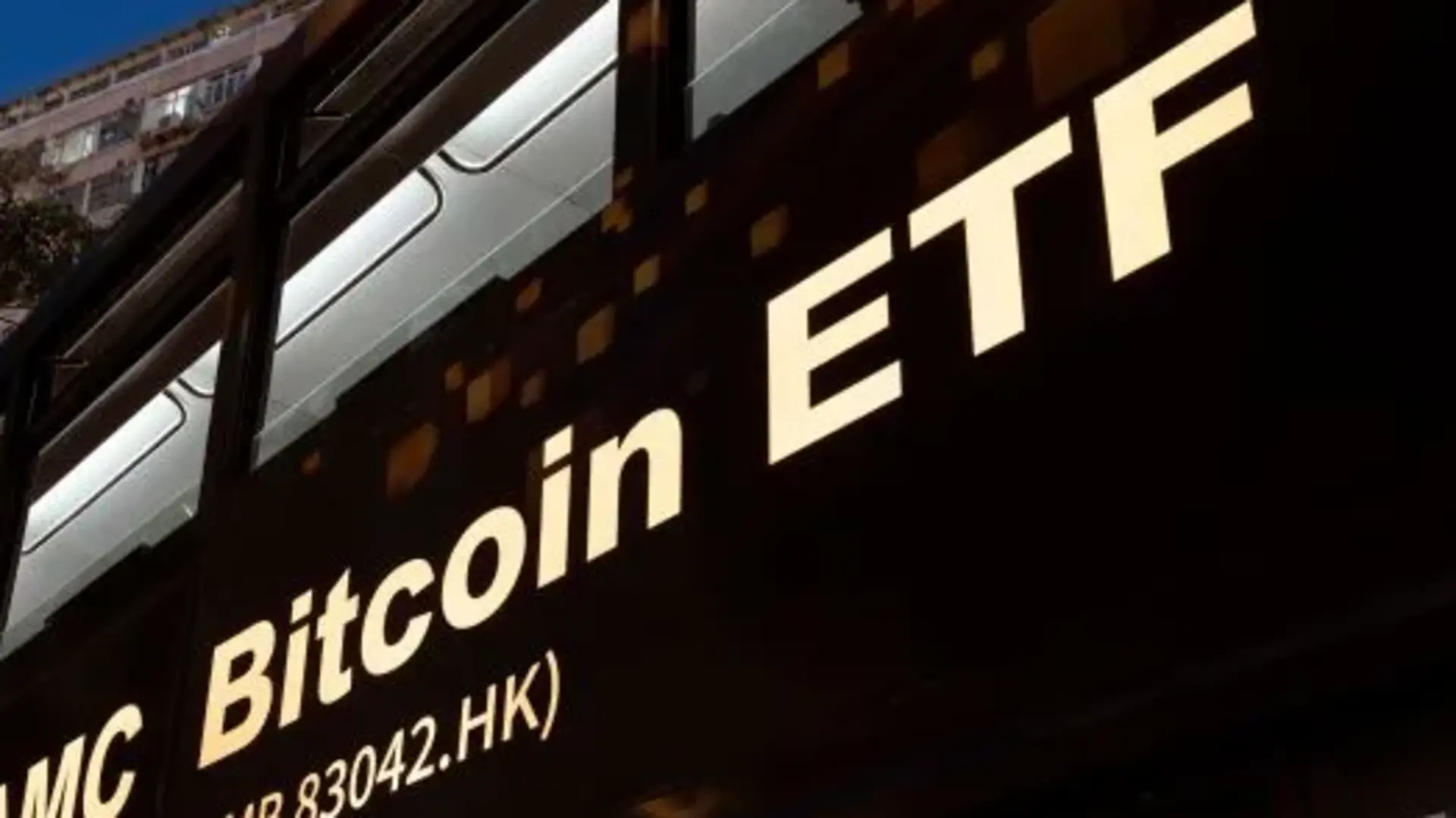Important information
NA4098150
Image: Jacob Wackerhausen / Getty
The Nasdaq-100 Index includes 100 of the largest domestic and international non-financial securities listed on the NASDAQ Stock Market based on market capitalization. An investment cannot be made into an index.
All investing involves risk, including the risk of loss.
Past performance does not guarantee future results.
Investments cannot be made directly in an index.
This does not constitute a recommendation of any investment strategy or product for a particular investor. Investors should consult a financial professional before making any investment decisions.
Beta is a measure of risk representing how a security is expected to respond to general market movements.
Bitcoins are considered a highly speculative investment due to their lack of guaranteed value and limited track record. Because of their digital nature, they pose risks from hackers, malware, fraud, and operational glitches. Bitcoins aren’t legal tender and are operated by a decentralized authority, unlike government-issued currencies. Bitcoin exchanges and bitcoin accounts aren’t backed or insured by any type of federal or government program or bank.
Bitcoin is a digital currency (also called cryptocurrency) that is not backed by any country’s central bank or government. Bitcoins can be traded for goods or services with vendors who accept bitcoins as payment.
Commodities may subject an investor to greater volatility than traditional securities such as stocks and bonds and can fluctuate significantly based on weather, political, tax, and other regulatory and market developments.
Cryptocurrencies are considered a highly speculative investment due to their lack of guaranteed value and limited track record. Because of their digital nature, they pose risk from hackers, malware, fraud, and operational glitches. Cryptocurrencies are not legal tender and are operated by a decentralized authority, unlike government-issued currencies. Cryptocurrency exchanges and cryptocurrency accounts are not backed or insured by any type of federal or government program or bank.
Diversification does not guarantee a profit or eliminate the risk of loss.
Smart beta represents an alternative and selection index-based methodology that seeks to outperform a benchmark, or reduce portfolio risk, or both in active or passive vehicles. Smart beta funds may underperform cap-weighted benchmarks and increase portfolio risk.
ETFs generally have lower expenses than actively managed mutual funds due to their different management styles. Most ETFs are passively managed and are structured to track an index, whereas many mutual funds are actively managed and thus have higher management fees. Unlike ETFs, actively managed mutual funds have the ability react to market changes and the potential to outperform a stated benchmark. Since ordinary brokerage commissions apply for each ETF buy and sell transaction, frequent trading activity may increase the cost of ETFs. While extreme market conditions could result in illiquidity for ETFs. Typically they are still more liquid than most traditional mutual funds because they trade on exchanges.
The risks of investing in securities of foreign issuers, including emerging market issuers, can include fluctuations in foreign currencies, political and economic instability, and foreign taxation issues.
Factor investing is an investment strategy in which securities are chosen based on certain characteristics and attributes. Factor-based strategies make use of rewarded risk factors in an attempt to outperform market-cap-weighted indexes, reduce portfolio risk, or both.
To the extent the fund invests a greater amount in any one sector or industry, there is increased risk to the fund if conditions adversely affect that sector or industry.
Fixed-income investments are subject to credit risk of the issuer and the effects of changing interest rates. Interest rate risk refers to the risk that bond prices generally fall as interest rates rise and vice versa. An issuer may be unable to meet interest and/or principal payments, thereby causing its instruments to decrease in value and lowering the issuer’s credit rating.
In general, stock values fluctuate, sometimes widely, in response to activities specific to the company as well as general market, economic and political conditions.
Invesco does not provide tax advice. The tax information contained herein is general and is not exhaustive by nature. Federal and state tax laws are complex and constantly changing. You should always consult your own legal or tax professional for information concerning your individual situation. The tax information presented is based on current interpretation of federal income tax law. State and local income tax laws may differ from federal income tax law.
The opinions referenced above are those of the author as of Dec. 18, 2024. These comments should not be construed as recommendations, but as an illustration of broader themes. Forward-looking statements are not guarantees of future results. They involve risks, uncertainties and assumptions; there can be no assurance that actual results will not differ materially from expectations.




